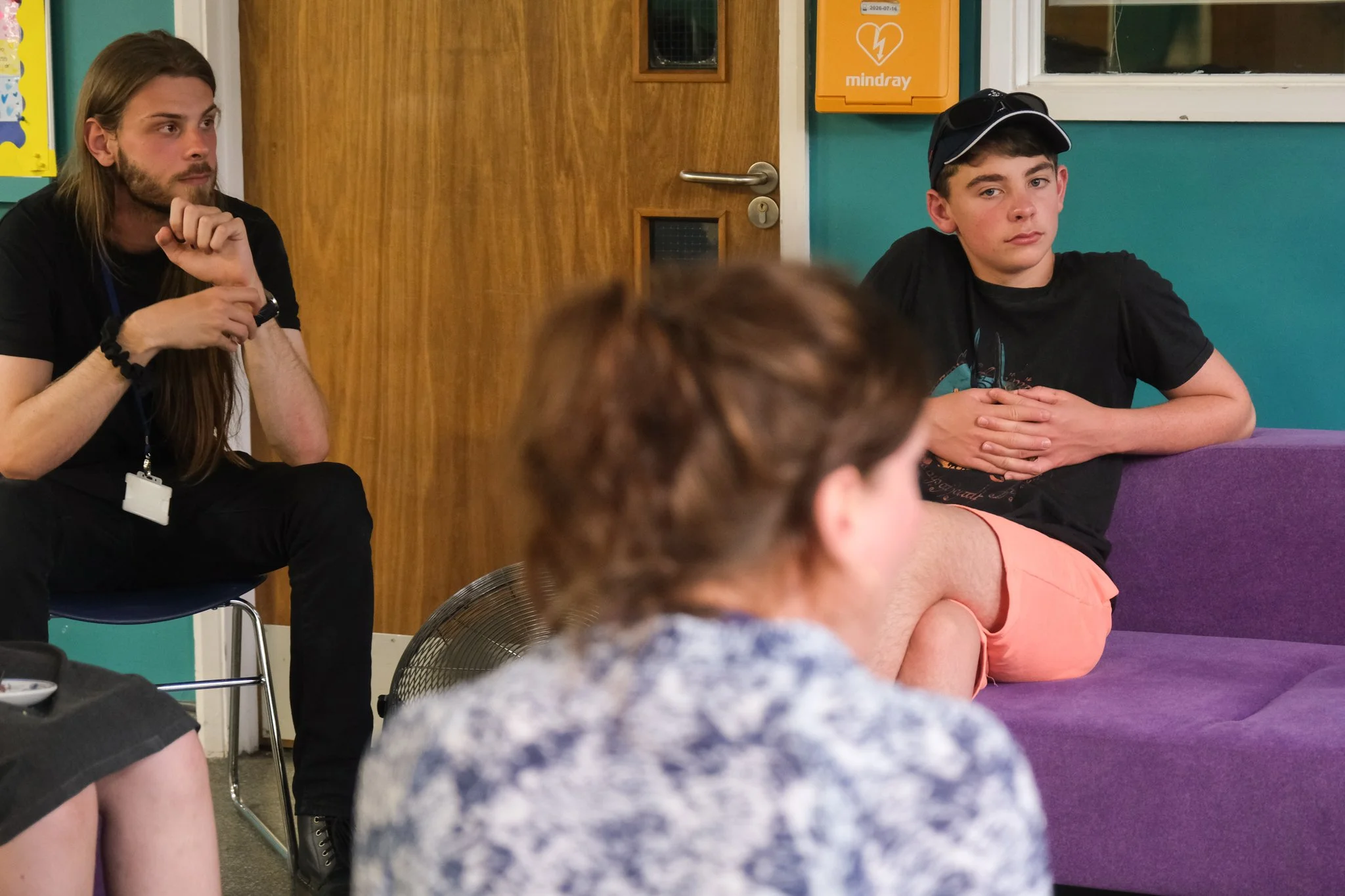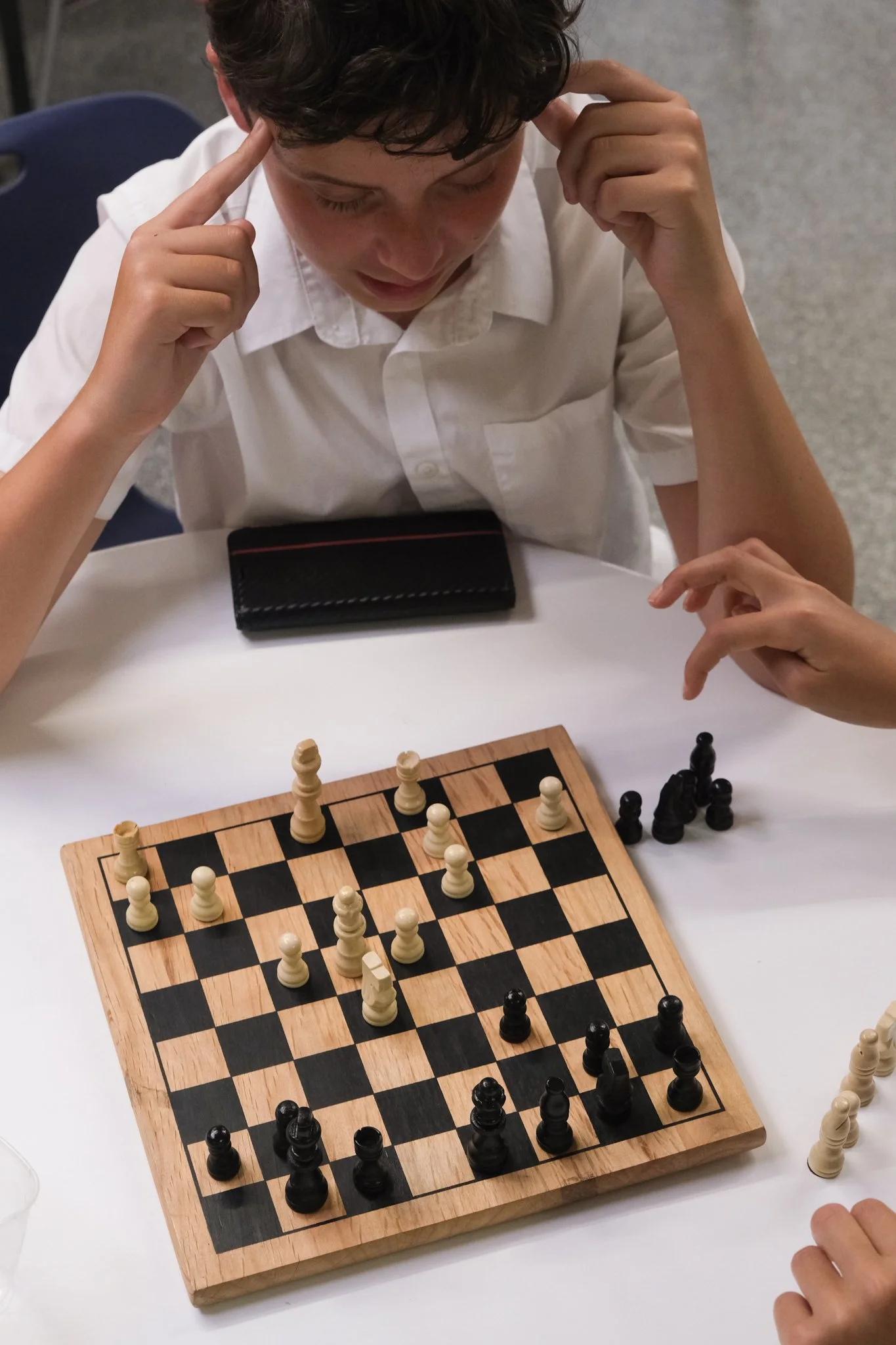Our Journey

Then
Pyxis was born in 2015 after a young person told us that they wanted to go into Canterbury to meet their friends, but didn’t know how to do it. Listening to them, we realised that no matter the level of academic education, the young people we worked with at the time would struggle to navigate the world around them without having effective “life and social skills”. We also realised that there wasn’t a suitable structure to help them learn about this. Our initial work focused on the practice of teaching young people about life and social skills. We would often reflect with young people that both co-founders of Pyxis had different ways of navigating situations where life and social skills were needed, and that there wasn’t a “right” way to do this.
We knew from the very start that the views and experiences of our young people were vital in providing effective support, and we therefore sought regular feedback from them. We also recognised the need to be guided through those with lived experience and so asked two of our previous students to join our Board of Advisors when we first established Pyxis. We are also pleased to say that one of our previous group participants has recently agreed to come on board as a member of staff. All their advice and guidance since has been invaluable in delivering an informed service for our community.
Now
Over time, Pyxis has shifted its focus. When we first began this work we were both teaching assistants but as time has gone on, our continuing professional development has taken us in different directions. Paul into research on the views of young people on the autism spectrum and their sometimes challenging relationship with the education system, through both an MA and as a PhD Candidate (whilst also lecturing part time at CCCU); and Richard into NHS Child and Adolescent Mental Health Services and training to become a Family and Systemic Psychotherapist. Through both these fields we’ve formed a view that not having trusted relationships with adults and peers, and not having a place where people feel like they “belong”, contributed significantly to many of the difficulties we saw young people having. These places of belonging seemed absent from existing support services either because young people could not access them, or when they did, the expertise and environment wasn’t helpful for them.
Moving Forward
We think our work needs to consist of three elements. Firstly, we want to help young people understand themselves in the context they are in, and to destigmatise and depathologise their difficulties. Secondly, we want to provide them with a space in which they feel they belong and which is manageable for them (whilst also working towards adjusting other environments that they are part of to increase their capacity for social inclusion). Thirdly, we maintain a need to focus on supporting young people with key life and social skills to help them manage in the many different environments they find themselves in.




